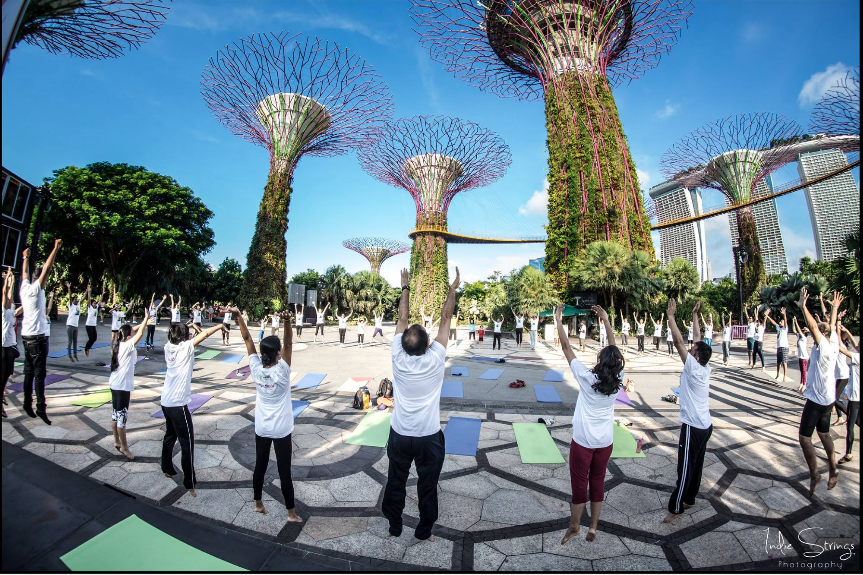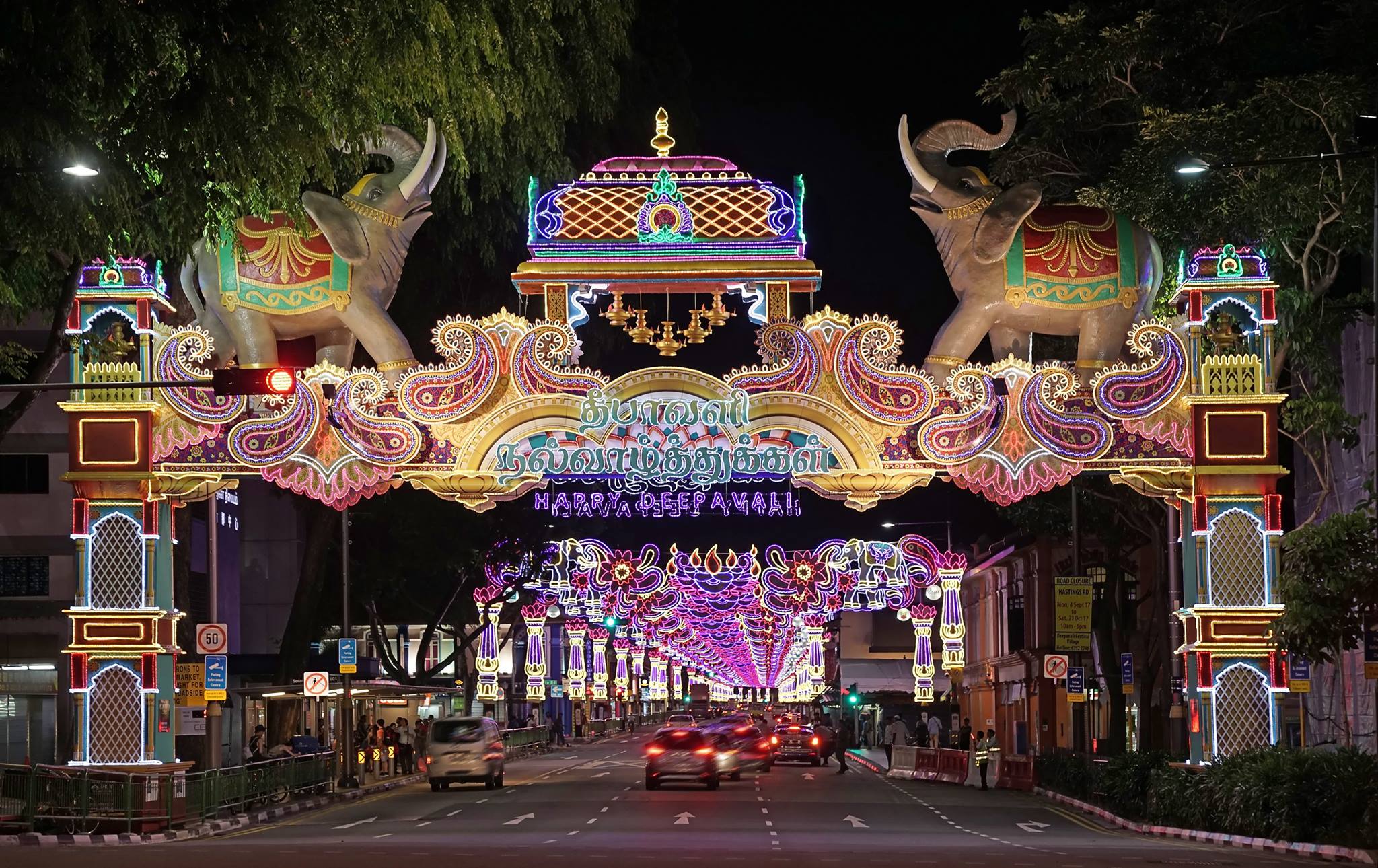Giving a new dimension to the assimilative culture of Singapore, about 91.2 per cent of the citizens will accept people of Indian descent as ‘truly Singaporean’, revealed a survey on ethnic identity conducted in the island nation. They will also more likely to accept a new citizen of Chinese, Malay or Eurasian descent.
This interesting aspect was revealed in the findings of Institute of Policy Studies (IPS) and Channel NewsAsia (CNA) study on ethnic and inter-ethnic interactions. The study was based on a survey of about 2,020 Singaporeans and permanent residents conducted between May and July.
The ethnic group which finds most favour among the Singaporeans is Malay as they have approval ratings of whopping 96.9 per cent followed closely by Chinese with 96 per cent. People from Eurasian descent come fourth as 83.7 per cent of citizens will term them as ‘truly Singaporean’.
The overall picture reveals that more than 90 per cent of respondents found it at least somewhat acceptable for someone with a Chinese, Malay, or Indian background to be accepted as “truly Singaporean” if they became a new citizen.
Dr Mathew Mathews, senior research fellow at IPS said, “This indicates that the CMIO (Chinese, Malay, Indian, Others) racial categorisation system that Singapore uses is closely associated with national identity.
He added, “The clearest finding we can get from this is that our core ethnic identity, the CMI group, and to some extent the Eurasians, attract a very very strong level of consensus … I think that reflects the salience of our CMIO model.”
Percentage of Singaporeans from various ethnic backgrounds being accepted as ‘Truly Singaporean’
- Malay 96.9
- Chinese 96
- Indian 91.2
- Eurasian 83.7
- Caucasian 78.5
- Japanese 75.5
- Korean 75.3
- Filipino 69.9
- Arab 64.5
- African 61.7
The 10 groups presented to respondents included Indian, Malay, Chinese, Eurasian, Japanese, Korean, Caucasian, Filipino, Arab and African. Ranking in the bottom three were those of the Filipino, Arab and African backgrounds. Even then, more than 60 per cent of the respondents accepted that these groups could be truly Singaporean.
Dr Mathews said, “Many Singaporeans have come to accept the fact that you can have Singaporeans of any kind of national background, as long as they choose to be naturalised, they can be accepted.”
In the survey, respondents were presented with a list of more than 35 indicators across several broad categories including language, food, and lifestyle, and asked how important it was for someone who considers himself a Singaporean Chinese, Malay, Indian, or Eurasian to have or do these.
Celebrating key festivals and being able to speak, read and write in their community language emerged as important aspects for Singaporeans when it came to be identifying their race.
About 88 per cent of Indians regarded celebration of Deepavali festival as important for identification with their race while 92 per cent of Chinese hold similar sentiments for celebration of Chinese New Year. Similarly, about 96 per cent Malay have feelings for Hari Raya Puasa festival.
In addition to this, more than 86 per cent of all respondents found language to be at least somewhat important to their ethnic identity.
Dr Mathews said, “State policies help to preserve certain aspects of culture, for example, language, key celebrations. and of course, participation tends to be higher because people are more aware of that.”
He also commented on an interesting point of the survey regarding speaking good English of the various ethnic groups. “Speaking good English was also an important aspect of ethnic identity across the groups, a sign that what people identify with is fluid and evolving. More than one in seven respondents across Indians, Malays and Chinese thought that speaking good English was important to their ethnic identity,” said Mathews on a concluding note.




